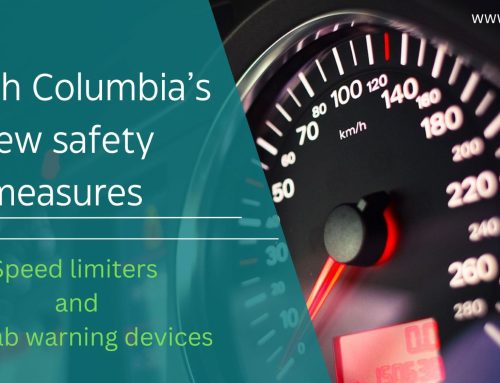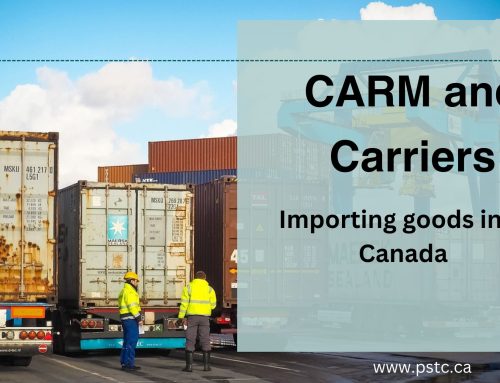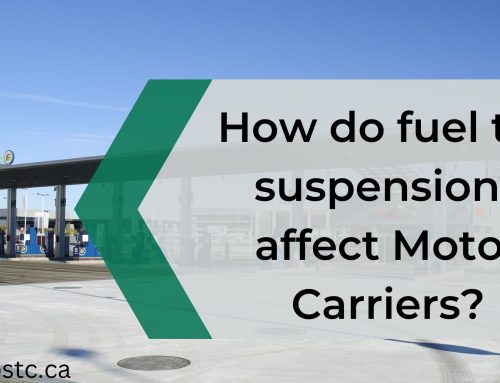The Ministry of Transportation (MTO) recently announced it is reviewing its current definition of and exemptions to vehicles falling under the classification of Road-Building Machine or RBM. If passed, new legislation will potentially see changes to the definition of RBMs and regulation changes for operators as well as the machines themselves.
What is an RBM?
Historically, an RBM has meant a self-propelled vehicle used in the construction or maintenance of highways. These have included vehicles such as asphalt spreaders, concrete paving or finishing machines, graders, rollers, tractor-dozers and motor scrapers as well as tracked and wheeled tractors of all kinds equipped with mowers, post-hole diggers, compactors, weed spraying equipment, snow removal equipment, back hoes and power shovels on tracks. As these types of machines were not originally made with the intent of carrying loads or operating at high speeds they were afforded certain exemptions under the Highway Traffic Act. RBMs have to-date been exempt from vehicle permits, equipment requirements including tires and brakes, safety inspections and even seat belt requirements. Further, and most importantly, RBMs have been exempt from requiring registered commercial vehicle operators or even a driver’s licence, though a minimum of age 16 is required to operate.
The evolution of RBMs
As new generation RBMs are broadening to include vehicles that are built on truck chassis and are not exclusively used for road building or maintenance, the MTO is reviewing exemptions given to these types of machines. As a result the MTO may potentially create a new definition that distinguishes newer RBMs from those that traditionally are only used for road-building purposes and meant to operate only on construction and maintenance rights of way. Newer RBMs, which are capable of traveling at highway speeds and are for multi-purpose use, may under a new definition, require vehicle permits as well as to be operated by a registered commercial vehicle operator.
As RBMs are currently not required to be registered it is difficult to determine the number of RBMs in Ontario which will be impacted by the definition change. However, these new definitions will have a big impact on commercial vehicle operators, municipalities, and owners of RBMs who may need to adjust their certifications, registrations and meet standard Highway Traffic Act equipment regulations.
Follow us for updates on this potential legislation.
photo credit: USACE manages construction on Ramstein base housing for Air Force families via photopin (license)






Leave A Comment
You must be logged in to post a comment.